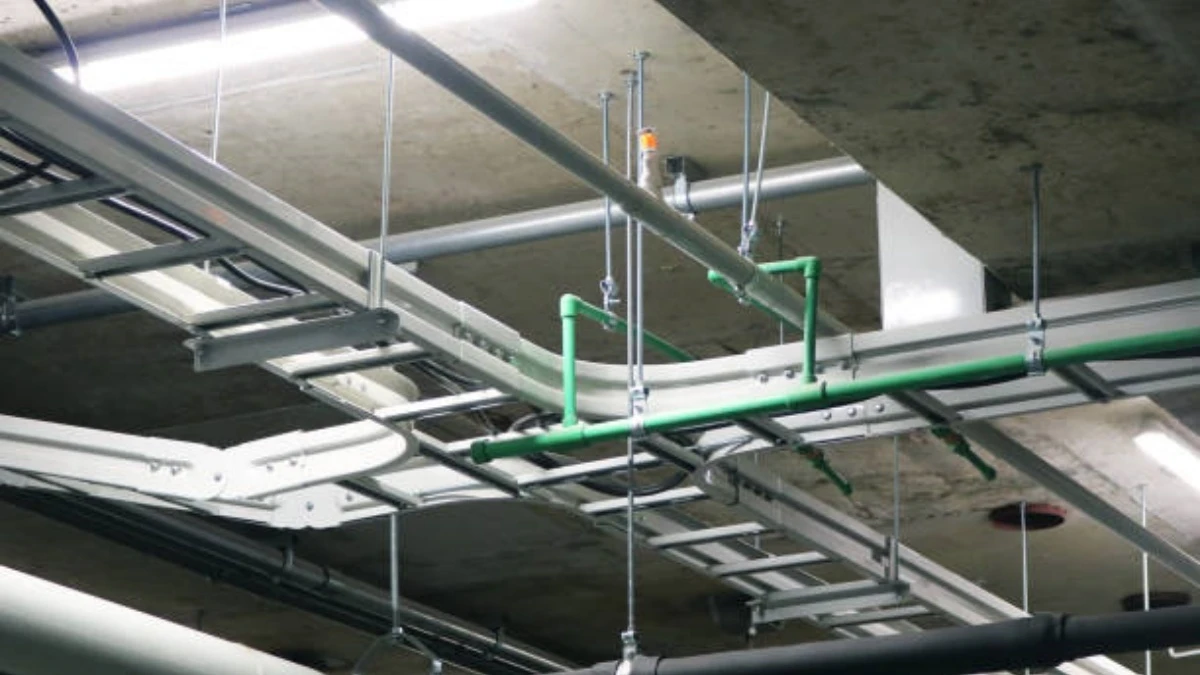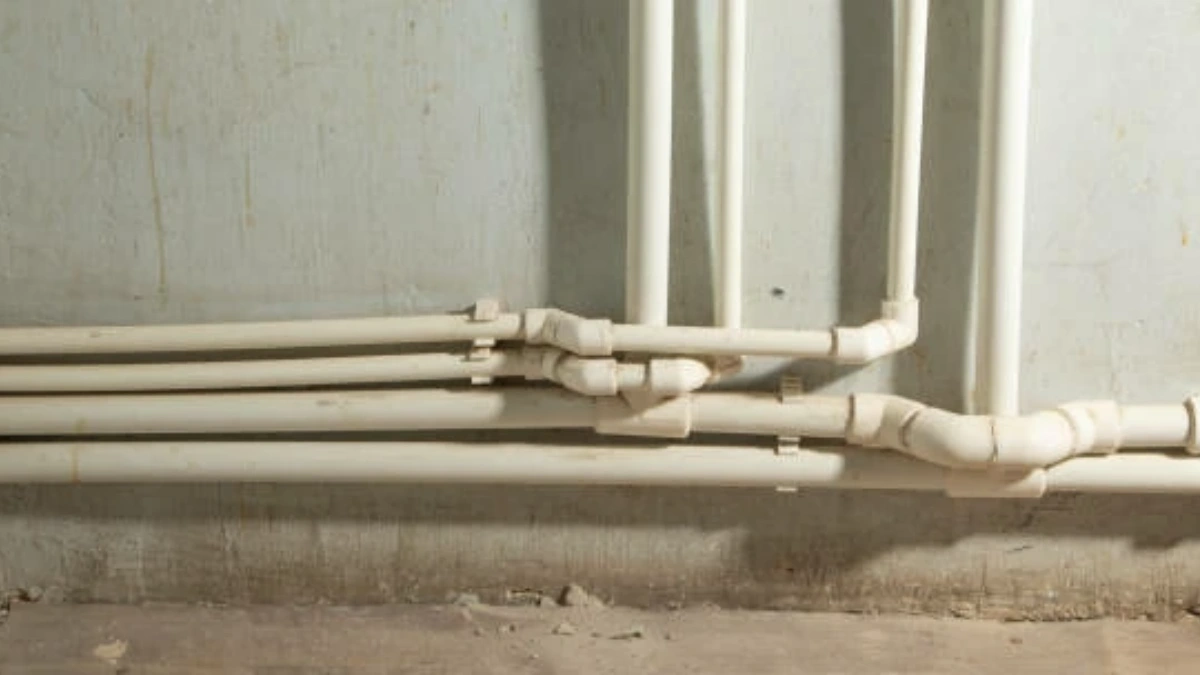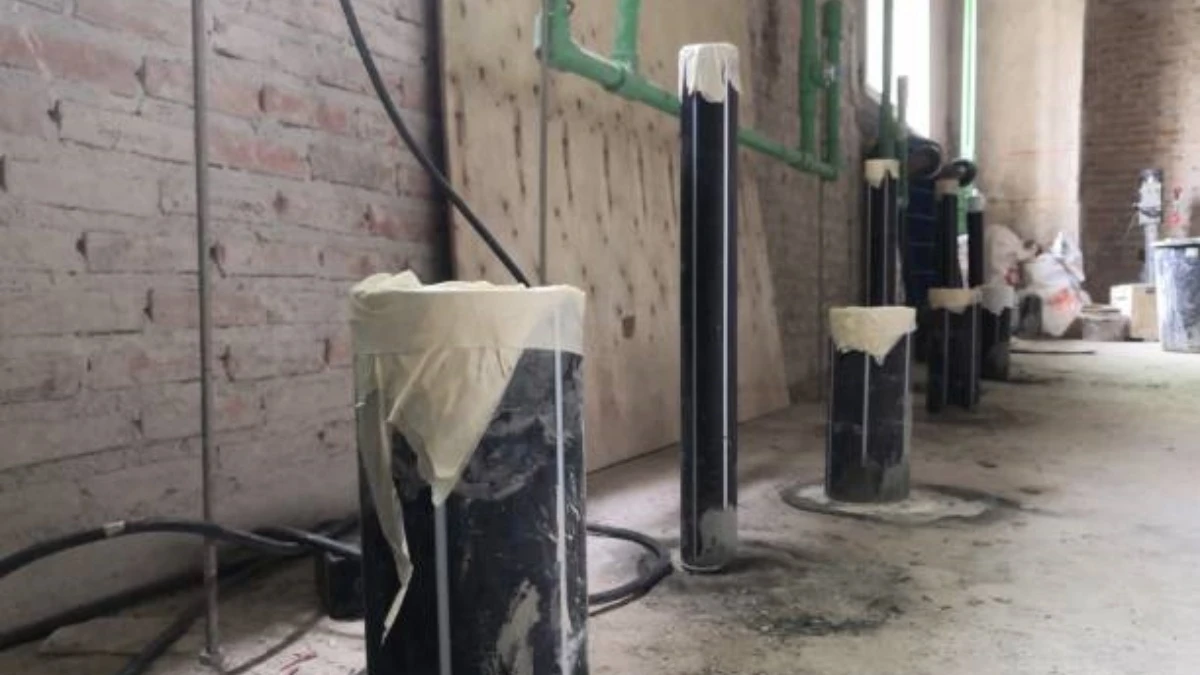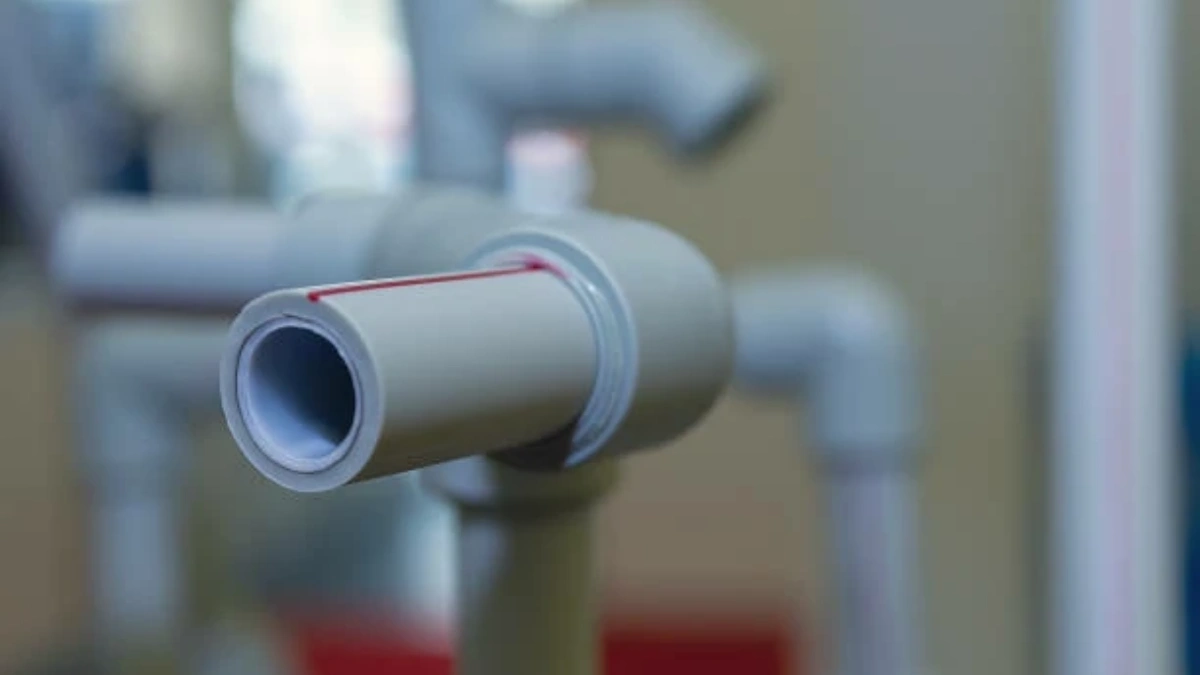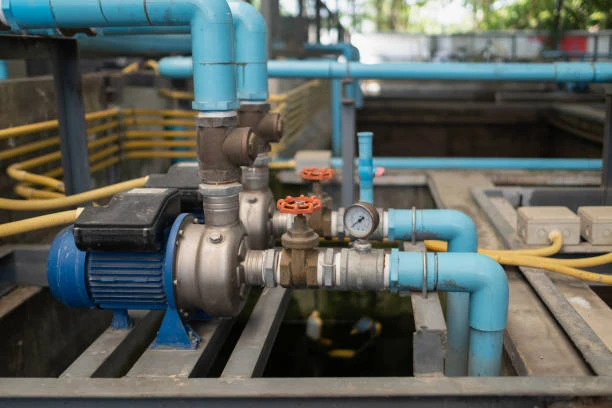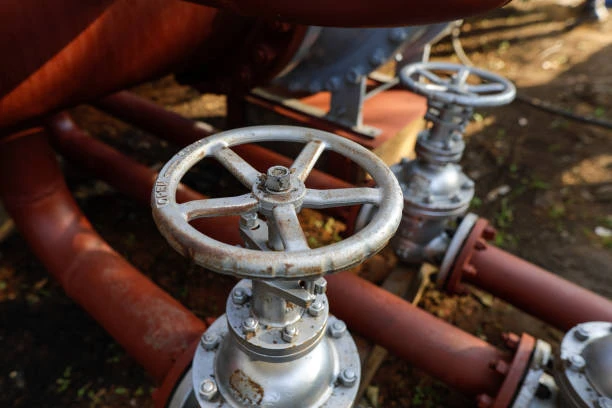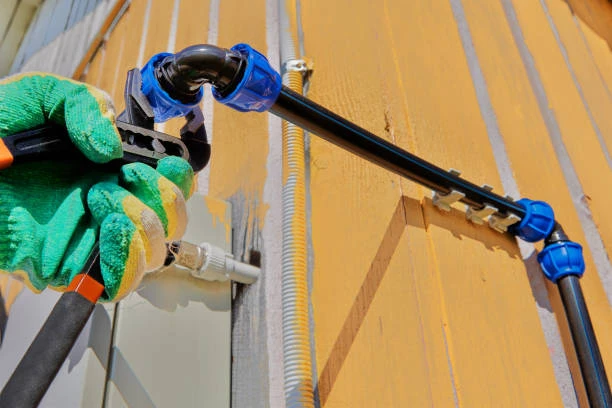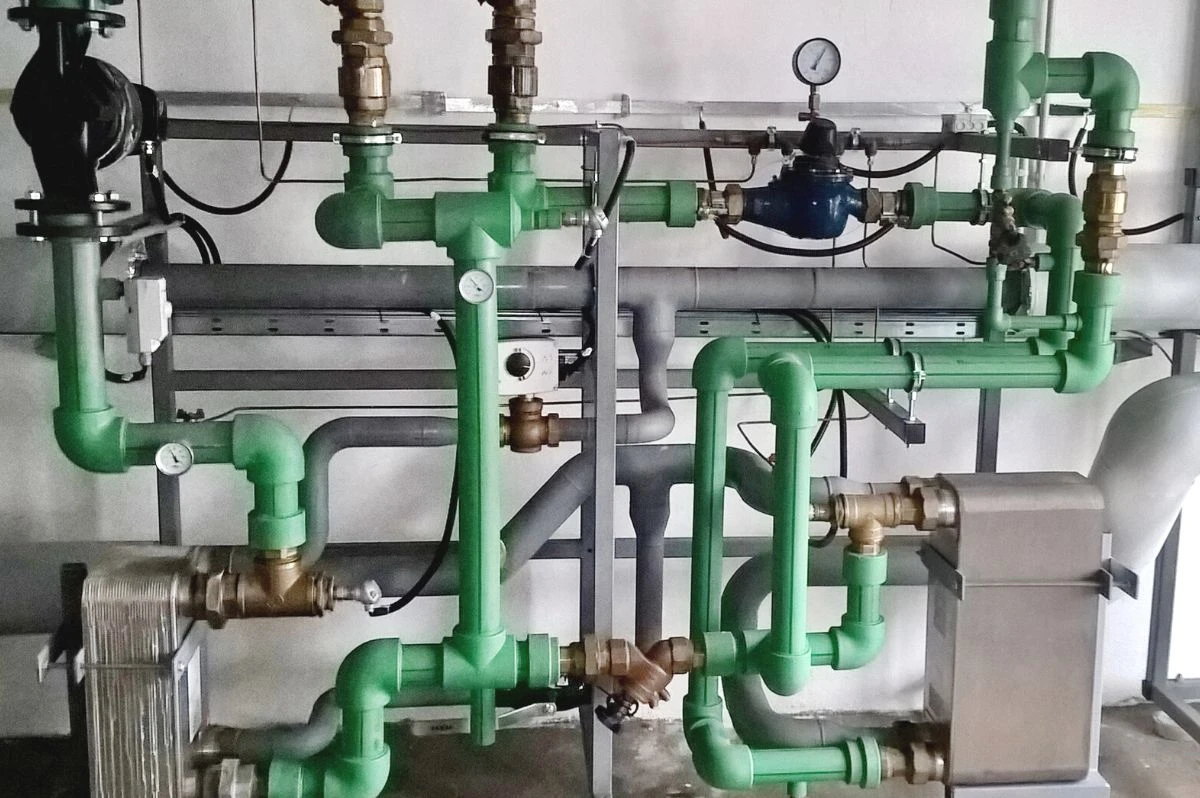
Introduction
PPR pipes and fittings are transforming the plumbing landscape with their innovative design and eco-friendly features. These plastic plumbing solutions are becoming increasingly popular due to their durability and ease of use. Let’s delve into the details of PPR and why it’s a go-to choice for many.
What is PPR?
It is a type of plastic piping that excels in plumbing applications due to its unique composition. Compared to traditional materials like PVC and metal, PPR offers superior performance, especially in hot and cold water systems.
Advantages of PPR Pipes
One of the key advantages of PPR pipes is their durability. They can last over 50 years with minimal maintenance. Additionally, they resist corrosion and scaling, making them ideal for various plumbing applications. Their lightweight nature makes them easy to transport and install, reducing labor costs.
Benefits of Using PPR Fittings
The benefits of PPR fittings include creating leak-proof connections that enhance the overall system’s efficiency. Their ease of installation further reduces project timelines and costs, making them a preferred choice among plumbers.
Applications of PPR Pipes and Fittings
PPR pipes and fittings are used across various sectors, including residential plumbing, commercial buildings, and agricultural applications. Their ability to handle both hot and cold water makes them versatile for numerous installations.
Installation Process for PPR Pipes
Installing PPR pipes requires basic tools such as a pipe cutter and heat fusion equipment. The process is straightforward: cut the pipes to the desired length, heat the ends, and join them together. This method creates strong, permanent connections.
Maintenance of PPR Plumbing Systems
Maintaining PPR plumbing systems is simple. Regular inspections for leaks and cleaning the pipes ensure longevity. If issues arise, troubleshooting is often quick due to the material’s reliability.
Environmental Impact of PPR Products
PPR products are environmentally friendly due to their long lifespan and recyclability. Choosing PPR helps reduce waste and supports sustainable building practices, making it a responsible choice for modern plumbing.
Quality Standards and Certifications
PPR pipes must meet various international quality standards to ensure safety and performance. Certifications validate the materials used and the manufacturing processes, giving consumers confidence in their purchases.
Cost-Effectiveness of PPR Systems
While the initial investment in PPR systems may be higher than traditional materials, the long-term savings in maintenance and replacement costs make them a more cost-effective solution overall.
Future of PPR in Plumbing
The future of PPR in plumbing looks bright, with ongoing innovations in material technology and a growing demand for eco-friendly solutions. As the industry evolves, PPR is expected to remain at the forefront of plumbing materials.
Conclusion
In conclusion, PPR pipes and fittings offer a multitude of benefits that make them an ideal choice for modern plumbing. Their durability, ease of installation, and environmental advantages solidify their place in the industry.
FAQs
- What does PPR stand for?
- PPR stands for Polypropylene Random Copolymer.
- Are PPR pipes safe for drinking water?
- Yes, PPR pipes are safe and commonly used for potable water systems.
- How long do PPR pipes last?
- PPR pipes can last over 50 years with proper installation and maintenance.
- Can PPR pipes be used for hot water?
- Absolutely! PPR pipes are designed to handle both hot and cold water.
- Is installation of PPR plumbing difficult?
- Not at all! PPR installation is relatively easy and requires minimal tools.
